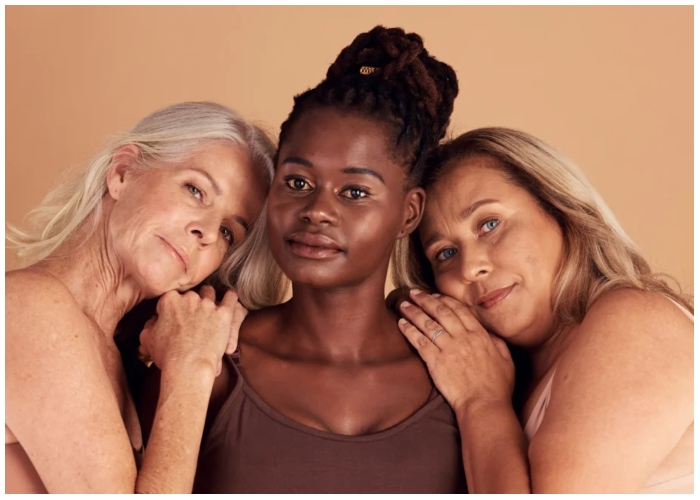The beauty industry is changing fast, and in 2025, inclusivity is at the forefront. No longer is makeup designed for just a handful of skin tones or types. Today, consumers demand products that celebrate everyone—every shade, every identity, and every unique feature. Inclusive makeup isn’t just a trend—it’s a revolution. From foundation shades that actually match deeper skin tones to campaigns featuring models of all ages and backgrounds, the industry is embracing diversity in ways it never has before.
What Inclusive Makeup Means Today
Inclusive makeup goes beyond just offering more shades. It’s about creating products that work for every skin tone, texture, and type. It considers undertones, age, sensitivity, and even cultural beauty practices. Packaging is becoming more accessible, formulas are catering to sensitive skin, and campaigns now feature a wide variety of faces. In 2025, inclusive beauty means no one feels left out, and everyone can find products designed with them in mind.
The Role of Consumers in Driving Change
Modern consumers are shaping the industry. Social media and online reviews hold brands accountable, and people are quick to call out companies that fail to represent diversity. On the other hand, brands that listen and adapt are rewarded with loyalty and trust. Consumers are no longer satisfied with token representation—they want authentic inclusion at every level, from product development to marketing. This demand is reshaping how beauty companies think and operate.

Brands Leading the Way
Some brands have become leaders in inclusive makeup:
-
Fenty Beauty set the standard with its 40-shade foundation line and continues to innovate with inclusive campaigns.
-
Rare Beauty by Selena Gomez creates products for all tones while promoting mental health awareness and accessibility.
-
UOMA Beauty, founded by Sharon Chuter, encourages self-expression and embraces individuality.
Even classic brands like Maybelline and L’Oréal are expanding their shade ranges and hiring diverse talent to connect better with global audiences.
Beauty Beyond Gender
In 2025, inclusivity is for everyone, not just women. Men, nonbinary folks, and people of all genders are getting the love and attention they deserve. Skincare and makeup tutorials are becoming gender-neutral, showing that beauty is for anyone who wants to express themselves. Influencers like Bretman Rock and Laith Ashley are leading the way, proving that makeup is about feeling confident and creative, not following gender rules.
Representation Matters in Every Aspect
Inclusive makeup isn’t just about who’s in ads—it’s about who makes them. Consumers want brands to have diverse voices in leadership, product design, and marketing. Are people of color in top positions? Are transgender and disabled people involved in testing and packaging? In 2025, true inclusivity means equity at every step, not just pretty faces.
The Emotional Power of Inclusivity
Being able to find your perfect shade or seeing someone like you in an ad has a profound emotional impact. Inclusive makeup validates identity, boosts confidence, and promotes a sense of belonging. For years, people with darker skin tones or unique features were told to “make do” with products not made for them. Now, they have options designed with their needs in mind, and that representation makes all the difference.
The Future of Inclusive Makeup
The next steps for inclusive beauty include:
-
AI-powered shade matching for personalized results
-
Accessible packaging for people with visual or mobility challenges
-
Region-specific launches that reflect cultural beauty preferences
-
Sustainable formulas suitable for sensitive and melanated skin
With technology, transparency, and cultural awareness, the inclusive makeup movement will continue to grow and redefine the industry.
Inclusive makeup is more than a trend—it’s a movement reshaping how beauty is created, marketed, and experienced. In 2025, the goal isn’t one standard of beauty—it’s celebrating all of them. By prioritizing representation, accessibility, and equity, the industry is becoming more inspiring, innovative, and human. Beauty isn’t one-size-fits-all, and now, finally, everyone can find products that feel made for them.